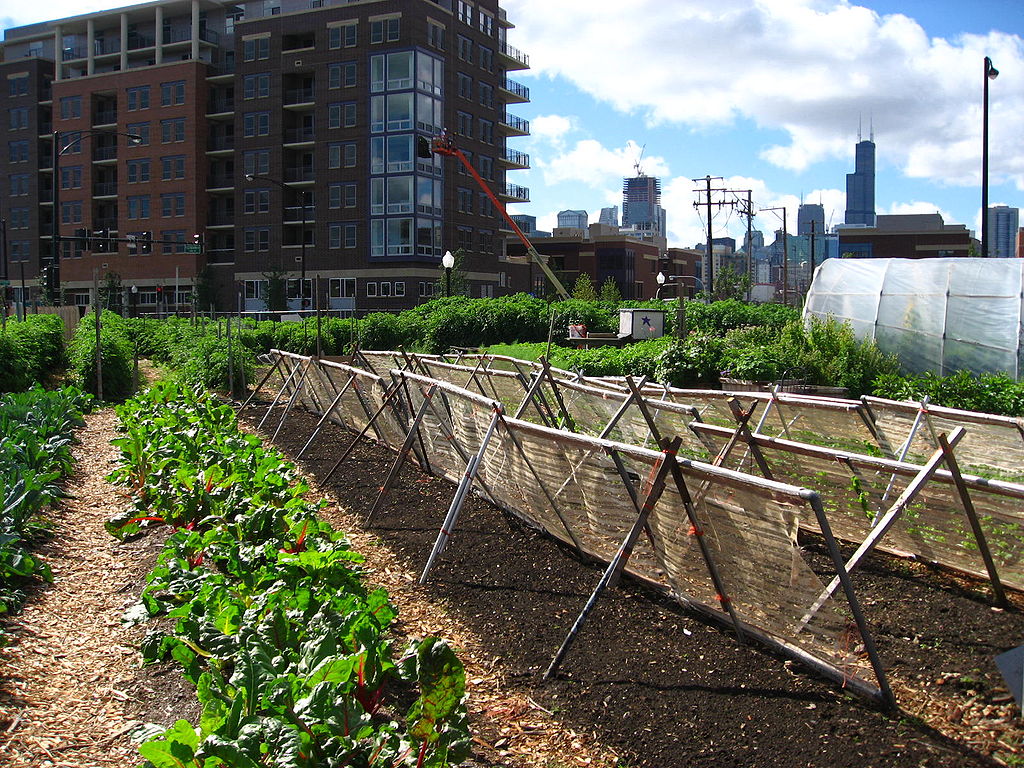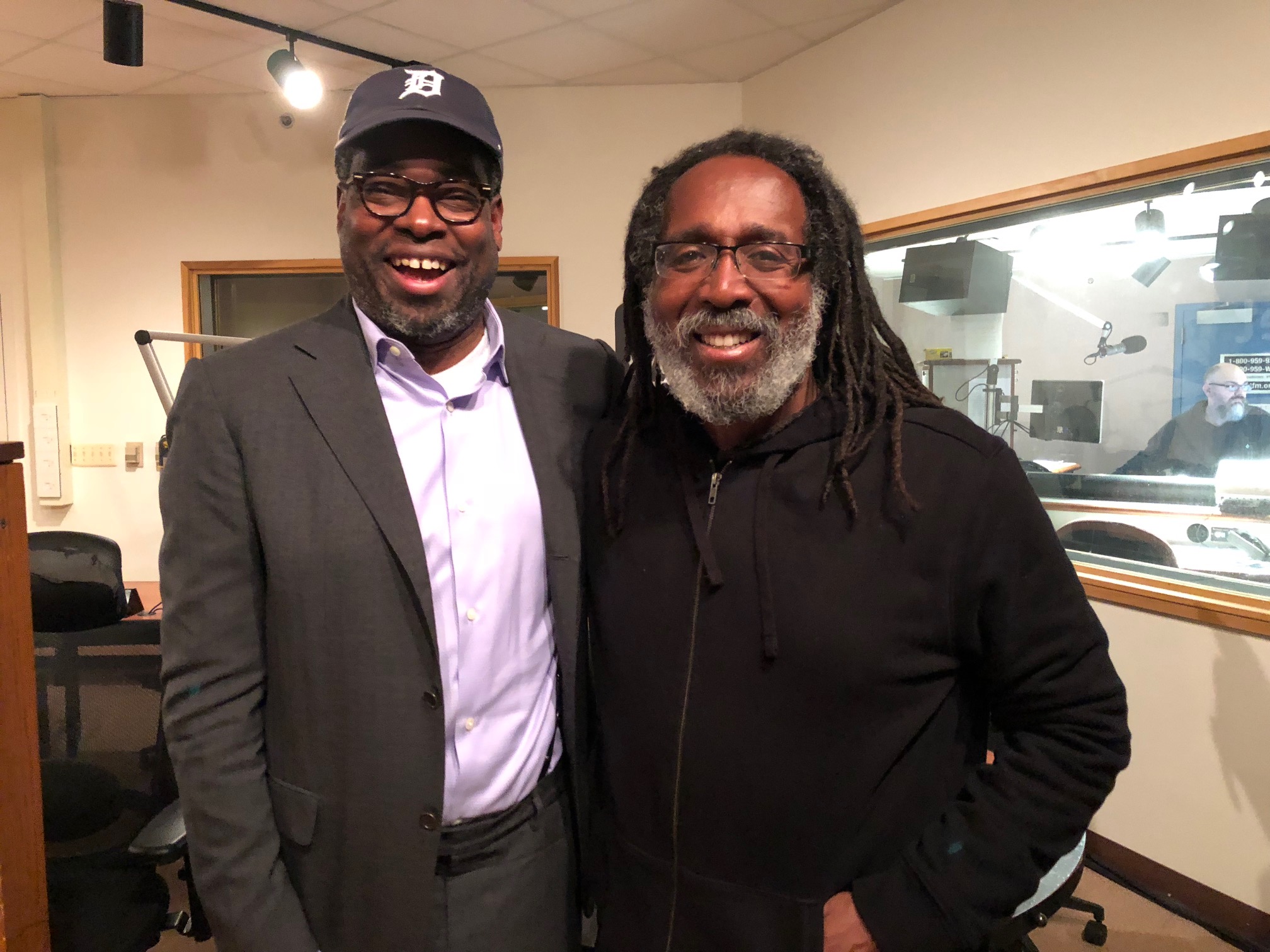Throwback Thursday: Why Don’t We Talk Much Anymore About Urban Farming?
“We had a serious problem with a lack of access to fresh and healthy produce… All of those factors converged.”


If you’ve been listening to Detroit Today with Stephen Henderson for a while, you know that Stephen likes the idea of #ThrowbackThursday. The hashtag is often employed on social media to accompany old photos of the people posting them.
But this week, he’s re-working that concept to talk about issues — those stories that used to dominate the new media around here, but that we don’t really hear about or talk about anymore.
Detroit Today kicks off this series of conversations talking about urban farming.
Several years ago we talked a lot — locally and nationally — about the repurposing of vast swaths of vacant land in Detroit.
Our city was and is in a unique position to rethink how land is used. There just isn’t the density here that there is in most American cities.
Some people saw it as an opportunity to answer the question of vacant land with an answer to another problem — food insecurity. Detroit has struggled for many years to supply good and healthy grocery store options throughout the city. Affordability and transportation have also fed into the problem of food access here.
With all of those things considered, urban farmers came into focus in Detroit. Chief among them was Malik Yakini, an author and activist who serves as executive director of the Detroit Black Community Food Security Network, and its D-Town Farm initiative.
Yakini joins Detroit Today to talk about his work and about urban farming in 2017.
“We had a serious problem with a lack of access to fresh and healthy produce,” says Yakini. “All of those factors converged.”
He also talks at length about how he believes race plays into the conversation.
“The system of white supremacy intersects with… capitalism, which has a logic of its own,” says Yakini. “What’s wrong is when people who are defined as white… move into other color communities… they’re able to define what happens in those communities. We think the rights of every community’s ability to define itself needs to be respected.”
Click on the audio player above to hear the full conversation.
